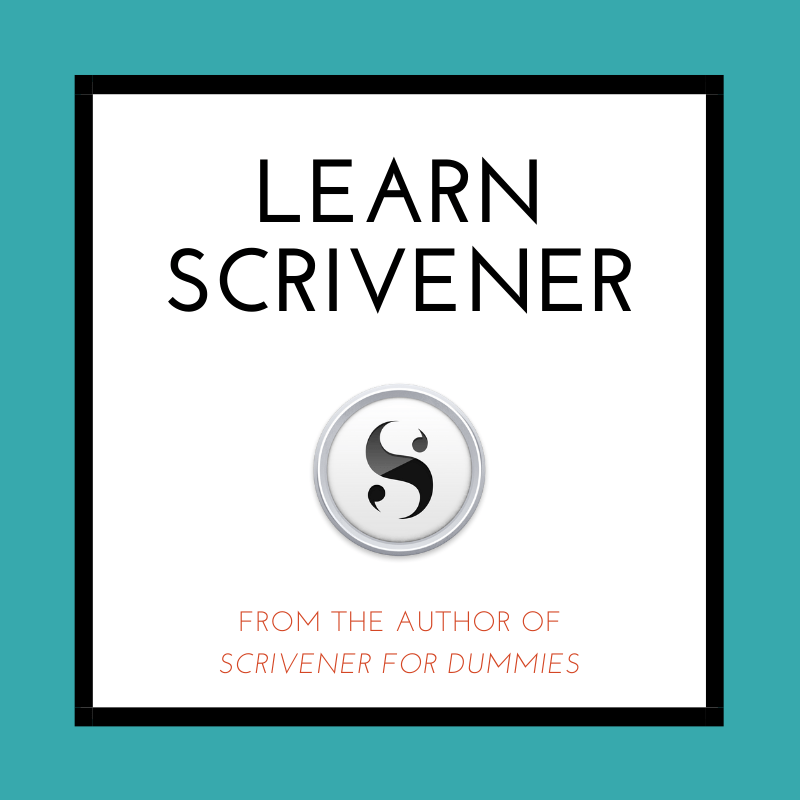I’m going to let you in on a small secret that can have a massive impact on your writing: pre-writing. Now, you might be wondering what exactly pre-writing is. Essentially, it’s the planning and brainstorming you do before you dive into your first draft. Think of it as a warm-up exercise for your creative muscles.
You’re going to find out about a systematic approach called the ‘Pre-write Your Way to Triumph’ lesson plan. This is designed to help writers at any level take their ideas and mold them into strong, practical pieces. Whether you’re penning a novel, crafting a report, or composing an email, pre-writing can turn a mountain of a task into a manageable molehill.
This isn’t just about jotting down a few notes or bullet points; it’s a strategic process that seeks to explore different angles of your subject, understand your audience, and set clear objectives. When you pre-write effectively, arranging your thoughts into a coherent structure for your rough draft becomes second nature.
In my opinion, the magic of pre-writing is too valuable to skip. It taps into the potential of your initial ideas, giving you a roadmap from which your words can flow with direction and energy. Imagine sitting down to draft your work and having a clear sense of where you’re heading – that’s the power of pre-writing. Stay tuned, as next, we’ll delve into strategies that can transform your pre-writing from a simple exercise into a vital tool, laying the groundwork for connections that make your writing not just good but great.

Strengthening Connections: The Magic of Pre-writing
In my opinion, the true power of pre-writing lies in its ability to make your thoughts and ideas connect with an uncanny sense of ease. Now, let’s explore the strategies that turn this stage into a game-changer for your writing process.
A well-executed pre-writing session serves as a bridge between your initial thoughts and the well-oiled machine that becomes your rough draft. It’s a little like building a spider web, where each strand is an idea, and the pre-writing is the process of weaving them into a coherent structure. So, how does one channel this magic?
Consider using mind maps to organize your thoughts or bullet points to list and arrange the major concepts you’ll discuss. This isn’t just about outlining; it’s about allowing yourself to explore connections without the pressure of perfect prose.
You’re going to find out about the significant impact of free writing. It can unchain your creativity and help you discover angles and insights that you might not have considered in a more constrained setting. The raw material you produce here can serve as fertile ground for your finished work.
I’ve seen prewriting turn the daunting task of starting into a series of small, manageable steps. By breaking down the process, writers can tackle each part one at a time, making the task seem less overwhelming and more approachable.
Now, it’s not just my opinion that matters; there are countless examples of writers who swear by the power of pre-writing. From renowned novelists to successful bloggers, many acknowledge that taking the time to pre-write paves the way for a smoother writing journey.
Remember, pre-writing is your chance to get all your ducks in a row. Choose something that resonates with you—whether it’s outlining, free writing, or brainstorming—and watch as your ideas begin to fall into place with surprising fluidity.

From Pre-writing to Powerful Prose
I’m going to let you in on something: the journey from pre-writing to your first complete draft can be surprisingly smooth. When you take those crucial moments to pre-write, you’re setting the stage for powerful prose that’s infused with purpose and brimming with energy.
Those who dive into writing without pre-writing can often find themselves tangled in their own thoughts. In contrast, you’re going to find that with pre-writing in your corner, the draft practically writes itself. You’ve laid out the tracks, and now the train of your thoughts runs unhindered.
You can always adjust your approach down the road, but starting with a solid pre-writing strategy ensures your rough draft doesn’t just come together – it strides boldly toward a compelling, cohesive piece.
I’m here to help you make pre-writing a non-negotiable part of your writing regime. It’s about choosing a technique that resonates with you, whether it’s brainstorming, outlining, or free-writing. The minutes you invest in pre-writing are more than just prep time; they’re the foundation upon which your entire piece is built.
So, the next time you sit down to write, remember to take a few minutes to pre-write. Your writing isn’t just going to thank you – it’s going to stand out. Your ideas will connect effortlessly, words will cascade with precision, and your message will resonate more deeply with your readers. That’s not just a promise; that’s the power of putting pre-writing first.
Kevin
I hope you found this blog post helpful. If you did, please share it with your friends and leave a comment below. And if you want to learn more about writing, check out my other blog posts on 3D printing, affiliate marketing, and writing. Thanks for reading! 😊
As a wordsmith seeking to enhance your writing prowess, you’ll find many remarkable writing tools and apps at your disposal. Let’s explore some of the best options:
- Scrivener: A beloved companion for authors, Scrivener offers a treasure trove of features. It helps you track plot threads, store character notes, structure your work, and—most importantly—get serious writing done. While it’s not free, the investment is well worth it for serious writers.
- Ulysses: If distraction-free writing is your goal, Ulysses is your muse. Its minimalist interface allows you to focus solely on your words. Plus, it syncs seamlessly across devices, ensuring your creativity flows wherever you are.
- iA Writer: Ideal for online writing (think Medium or WordPress), iA Writer combines simplicity with elegance. Its clean design encourages a flow state, making it a favorite among bloggers and content creators2.
- Plottr: For those who thrive on outlining, Plottr is a gem. It helps you map out your novel, organize scenes, and keep your plot threads in check. Whether you’re a pantser or a plotter, Plottr has your back.
- Reedsy Book Editor: If you’re working on a book, Reedsy’s online editor is a fantastic choice. It’s free, collaborative, and offers a straightforward interface for drafting and editing your masterpiece4.
- yWriter: Scene-based writers rejoice! yWriter lets you organize your novel into scenes, track characters, and maintain a bird’s-eye view of your work. It’s a powerful tool for structuring your narrative.
Grammarly AI is an excellent writing assistant that can help you improve your grammar, punctuation, clarity, and writing style. It comes with advanced features that can help you avoid plagiarism and proofread your work seamlessly. You can use Grammarly AI as a web app, desktop app, and browser extension. It is the perfect tool for enhancing your writing skills.
Here are some ways that Grammarly AI can benefit writers:
– Grammar and punctuation: Grammarly AI can help you identify and correct grammatical errors, such as subject-verb agreement and verb tense consistency. It can also help you with punctuation errors, like comma placement and apostrophe usage.
Clarity: Grammarly AI can help you make your writing clearer and concise. It can suggest ways to improve your sentence structure, word choice, and tone.
Style: Grammarly AI can help you develop your unique writing style and suggest ways to make your writing more engaging and persuasive.
– Plagiarism: Grammarly AI can help you avoid plagiarism by checking your work against a database of online sources.
– Proofreading: Grammarly AI can help you proofread your work by checking for typos, spelling errors, and other mistakes.
Grammarly AI is a valuable tool for writers of all experience levels. It can help you improve your writing skills and produce high-quality work.
Here are some examples of how Grammarly AI can help you with specific types of writing:
– Blog posts: Grammarly AI can help you write clear, concise, and engaging blog posts. It can also help you optimize your posts for search engines.
Research papers: Grammarly AI can help you write well-structured and well-researched research papers and cite your sources correctly.
– Novels: Grammarly AI can help you write captivating novels with strong characters and plotlines. It can also help you edit and proofread your work.
– Short stories: Grammarly AI can help you write short stories that are both entertaining and thought-provoking. It can also help you revise and polish your work.
Poems: Grammarly AI can help you write evocative and meaningful poems and format them correctly.
In addition to these specific types of writing, Grammarly AI can also help you with more general writing tasks, such as:
– Writing emails: Grammarly AI can help you write clear, concise, and professional emails.
– Writing letters: Grammarly AI can help you write personal and heartfelt letters.
– Writing resumes: Grammarly AI can help you write resumes that are tailored to specific jobs.
– Writing social media posts: Grammarly AI can help you write engaging and informative social media posts.
In summary, Grammarly AI is a versatile and powerful tool that can help writers of all levels improve their writing skills.
Remember, the best writing app is the one that aligns with your unique needs and writing style. Whether you’re crafting screenplays, novels, or blog posts, these tools will be your trusty companions on your literary journey.
Happy writing! 📝✨
Kevin




